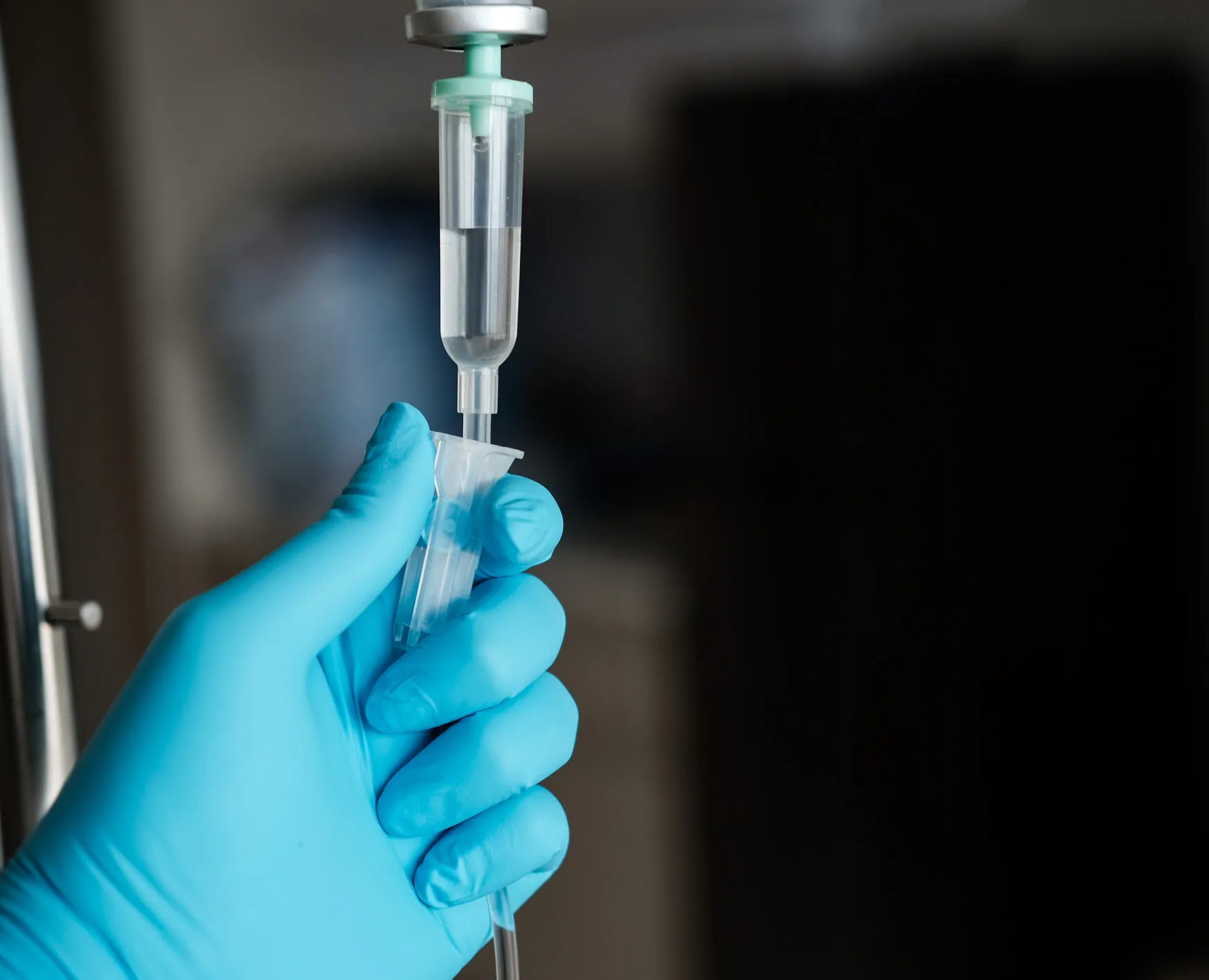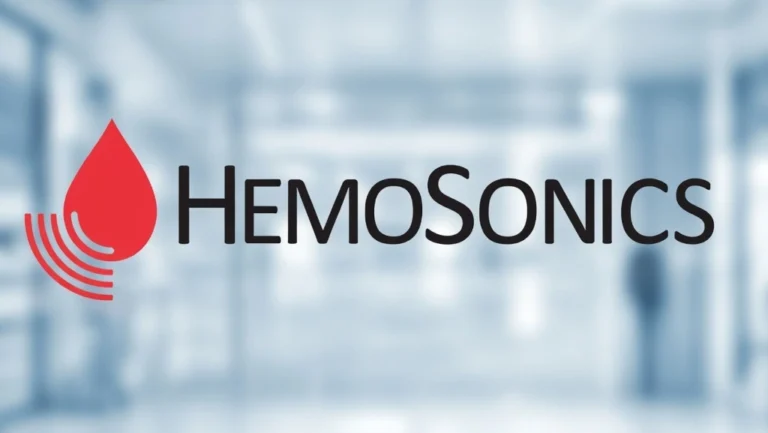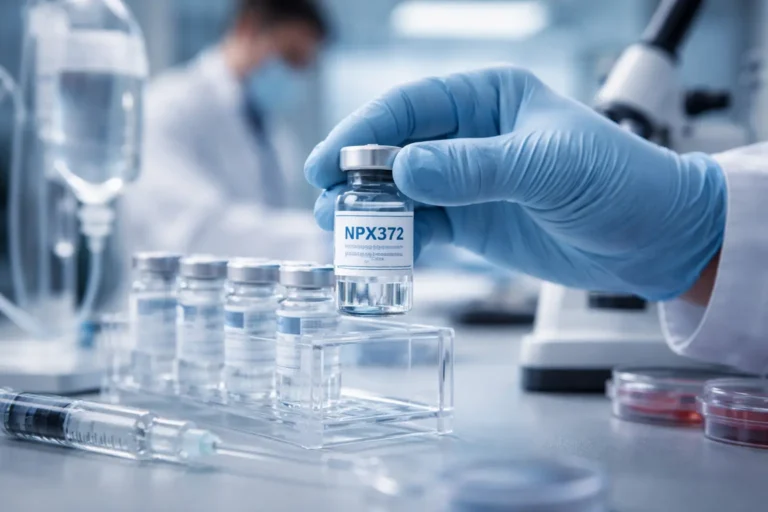
Incyte has announced promising results from the Phase 3 POD1UM-304 trial evaluating retifanlimab (Zynyz®), a PD-1-targeting monoclonal antibody, in combination with platinum-based chemotherapy for adults with previously untreated metastatic non-small cell lung cancer (NSCLC). The trial included patients with both non-squamous and squamous subtypes who lacked driver mutations. The findings were presented at the European Society for Medical Oncology (ESMO) Asia Congress 2024 in Singapore and online.
Improved Survival Outcomes
The trial demonstrated significant clinical benefits for patients receiving retifanlimab combined with chemotherapy compared to chemotherapy alone. The combination therapy achieved a median overall survival (OS) of 18.1 months, significantly surpassing the 13.4 months observed in the placebo group. The improvement, reflected in a Hazard Ratio (HR) of 0.75 (95% Confidence Interval [CI]: 0.60–0.93), was statistically significant with a P-value of 0.0042.
“These results reinforce retifanlimab’s potential to become a transformative option in the treatment of solid tumors,” said Dr. Pablo J. Cagnoni, President and Head of Research and Development at Incyte. “This achievement represents a pivotal step forward for patients with hard-to-treat cancers like NSCLC. We are excited to use these findings to support a supplemental Biologic License Application (sBLA) to the U.S. Food and Drug Administration next year.”
Secondary Endpoints Highlight Additional Benefits
In addition to overall survival, the study met several secondary endpoints, further underscoring the potential of the retifanlimab and chemotherapy combination:
- Progression-Free Survival (PFS): Patients receiving retifanlimab experienced a median PFS of 7.7 months, compared to 5.5 months in the placebo group (HR: 0.64; 95% CI: 0.52–0.79; P<0.0001).
- Overall Response Rate (ORR): The ORR was 52% in the retifanlimab group (95% CI: 47–57) versus 39% in the placebo group (95% CI: 32–46), with a statistically significant P-value of 0.0012.
- Duration of Response (DOR): Retifanlimab-treated patients had a median DOR of 12.7 months (95% CI: 9.4–15.2), nearly double the 6.1 months observed in the placebo group (95% CI: 4.2–8.3).
Safety Profile and Tolerability
Retifanlimab was generally well-tolerated, with no new safety concerns identified. The most frequently reported treatment-emergent adverse events (TEAEs) in the combination group included:
- Anemia (62.7%)
- Decreased appetite (22.6%)
- Decreased neutrophil count (22.1%)
The addition of retifanlimab did not compromise chemotherapy administration, highlighting its compatibility as part of combination therapy.
Global Implications for Lung Cancer Treatment
Lung cancer remains the leading cause of cancer-related deaths worldwide, with NSCLC accounting for the majority of cases. The promising results from the POD1UM-304 trial position retifanlimab as a potential new option for previously untreated metastatic NSCLC patients.
“Lung cancer is a devastating disease with limited options for metastatic cases,” said Dr. Shun Lu, Shanghai Chest Hospital. “The POD1UM-304 trial’s findings show that retifanlimab, in combination with platinum-based chemotherapy, offers a compelling new approach. These results provide hope for improving survival and quality of life in this challenging patient population.”
Next Steps
Incyte plans to leverage these findings to advance its oncology pipeline and expand treatment options for NSCLC patients. The company is preparing to submit a supplemental Biologic License Application (sBLA) to the FDA in 2025, aiming to bring this combination therapy to market as quickly as possible.
For more information about the POD1UM-304 trial and other ongoing studies, visit Incyte’s official website or refer to the presentations at the ESMO Asia Congress 2024.





